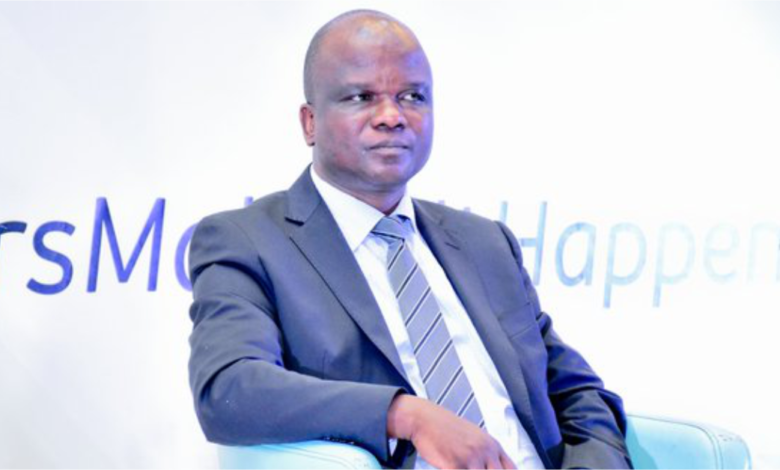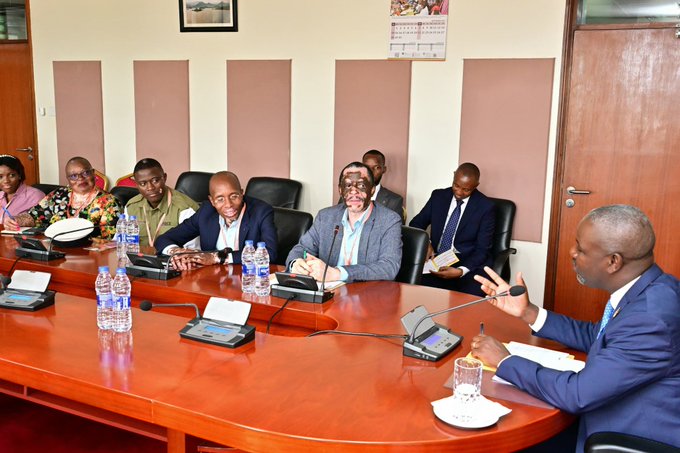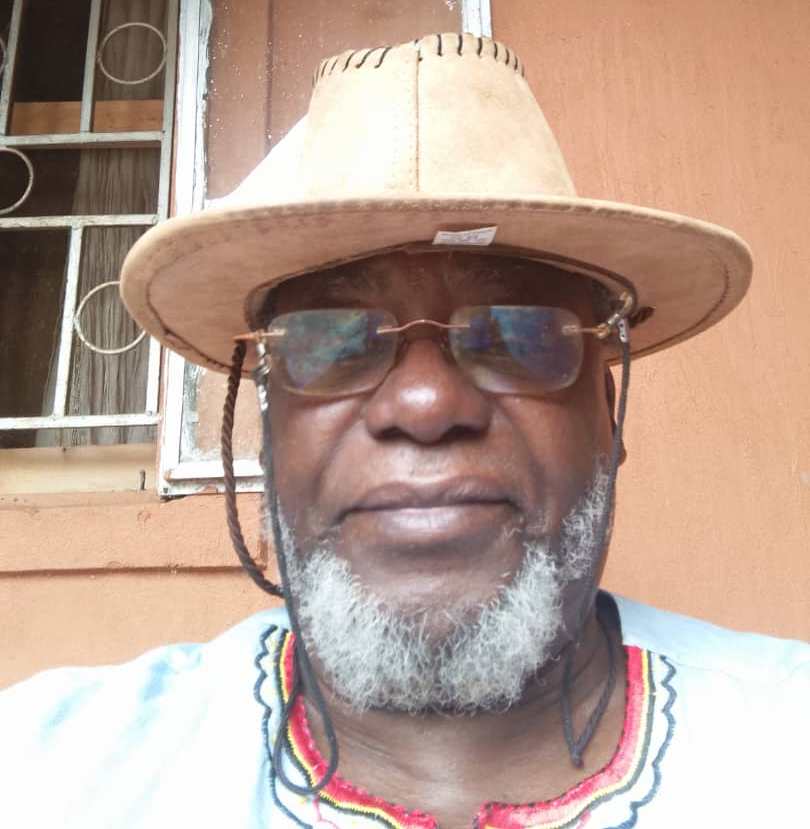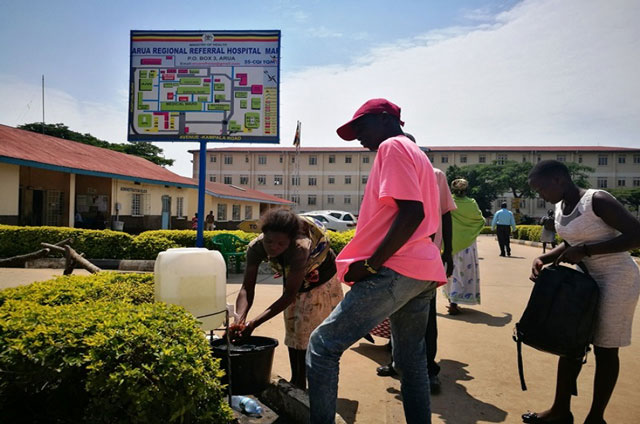Uganda warns of shrinking HIV financing due to reduced int’l support
Musoba said the country's HIV/AIDS funding gap has grown to 272.66 million U.S. dollars in 2019/20 from 82.96 million dollars in 2016/17.

The head of Uganda’s leading state agency in the fight against HIV/AIDS on Tuesday warned that the country is facing financing shortages amid reduced international support.
Nelson Musoba, director general of Uganda AIDS Commission (UAC), in a statement issued here said in the wake of emerging global pandemics, the upsurge of non-communicable diseases as well as the political and economic crises around the world, international financing towards HIV/AIDS response is shrinking.
“These emerging trends and patterns, combined with shifts in international funding for HIV/AIDS, threaten the sustainability of Uganda’s response to the epidemic,” Musoba said.
“Reaching the new 95-95-95 targets and achieving the global goal of End AIDS 2030 requires additional investment and focused efforts,” he added. The UNAIDS 95-95-95 target aims for 95 percent of HIV-infected people to know their status, 95 percent of those diagnosed to receive antiretroviral therapy (ART), and 95 percent of those on treatment to achieve viral suppression.
Musoba said the country’s HIV/AIDS funding gap has grown to 272.66 million U.S. dollars in 2019/20 from 82.96 million dollars in 2016/17.
He said the average annual cost of maintaining a person on ART is 380 dollars, which translates into an annual treatment bill of over 532 million dollars countrywide.
External donors finance 86 percent of the country’s total AIDS spending, while the balance is financed by the government, according to UAC.
“This clearly calls us to explore avenues for financing the HIV response domestically,” Musoba said.







